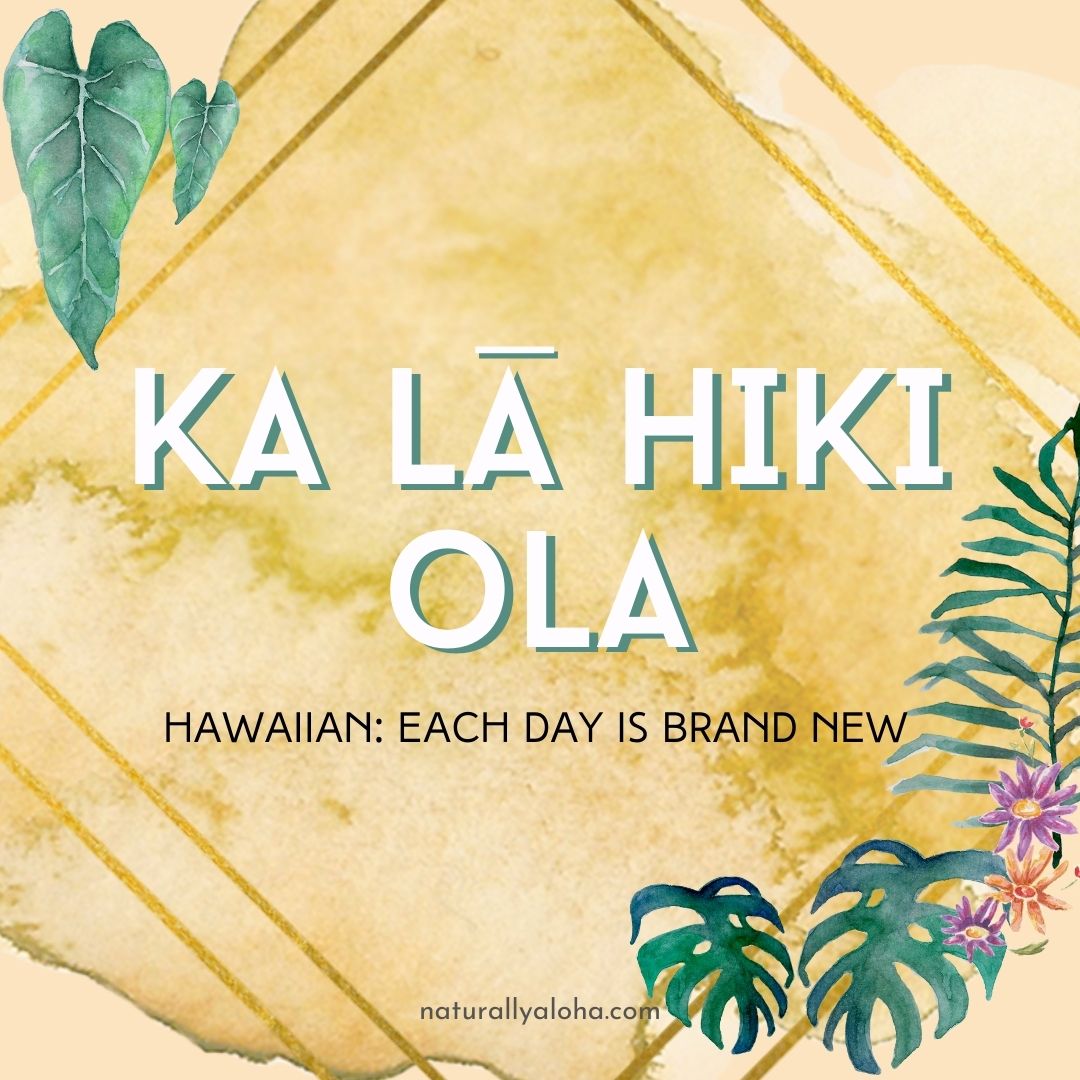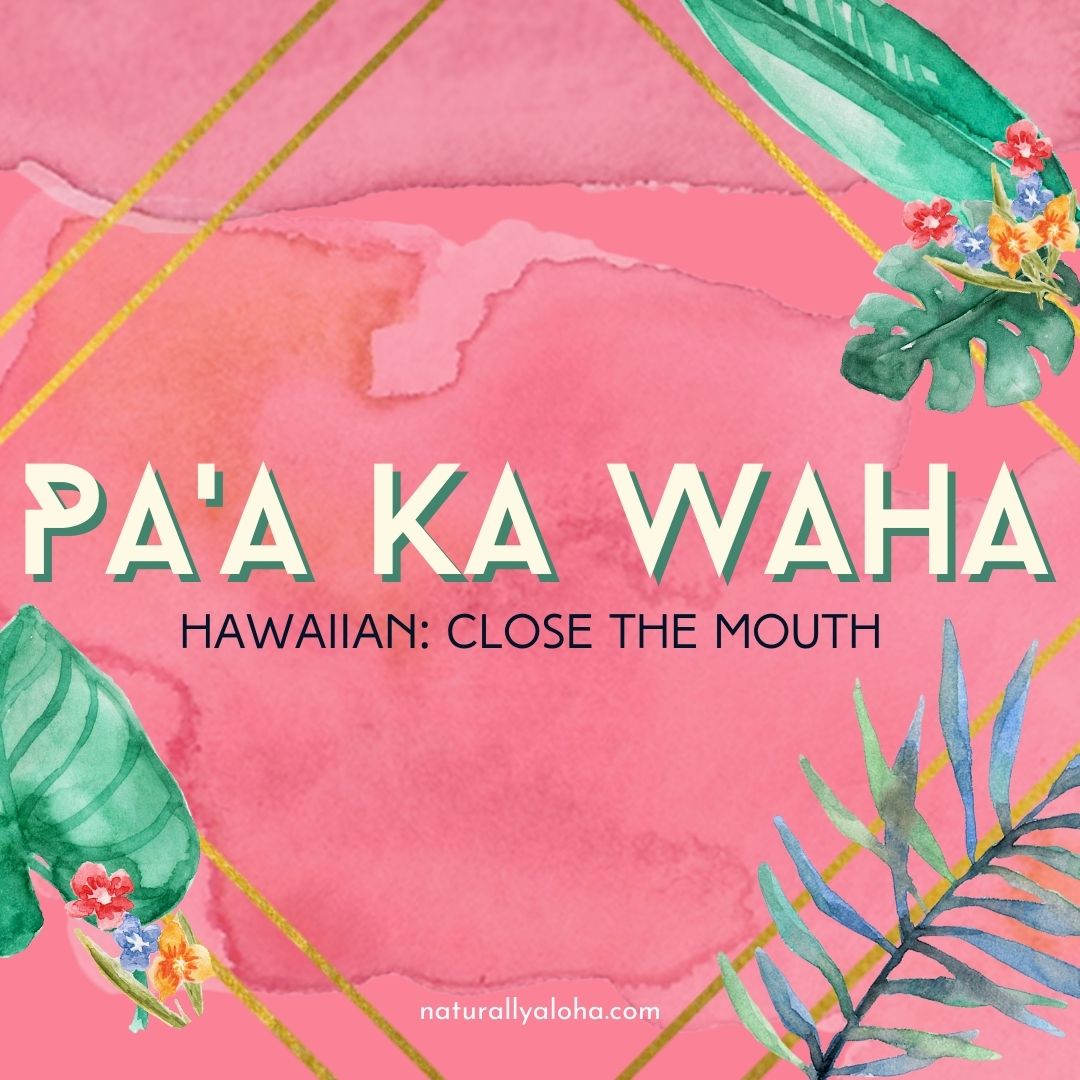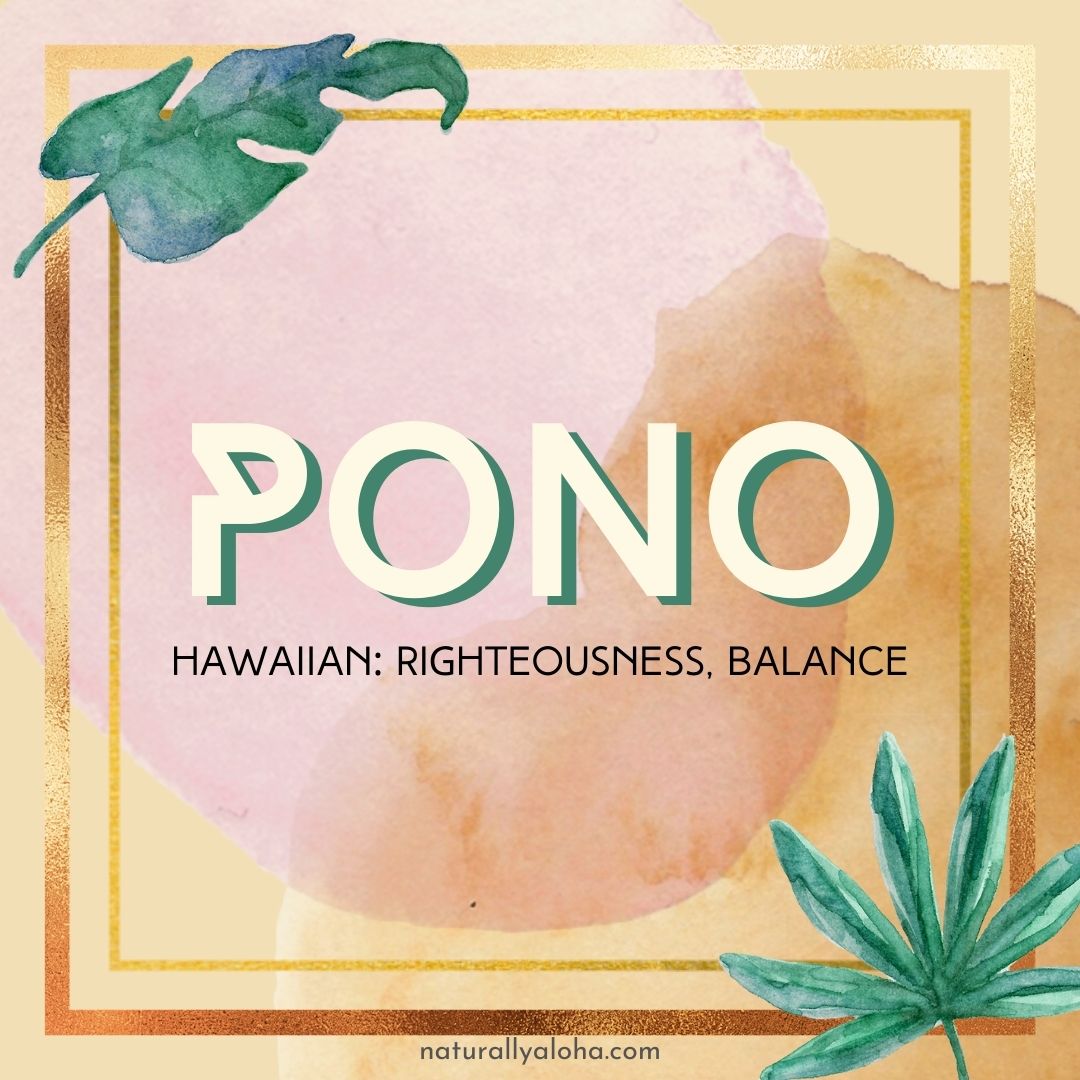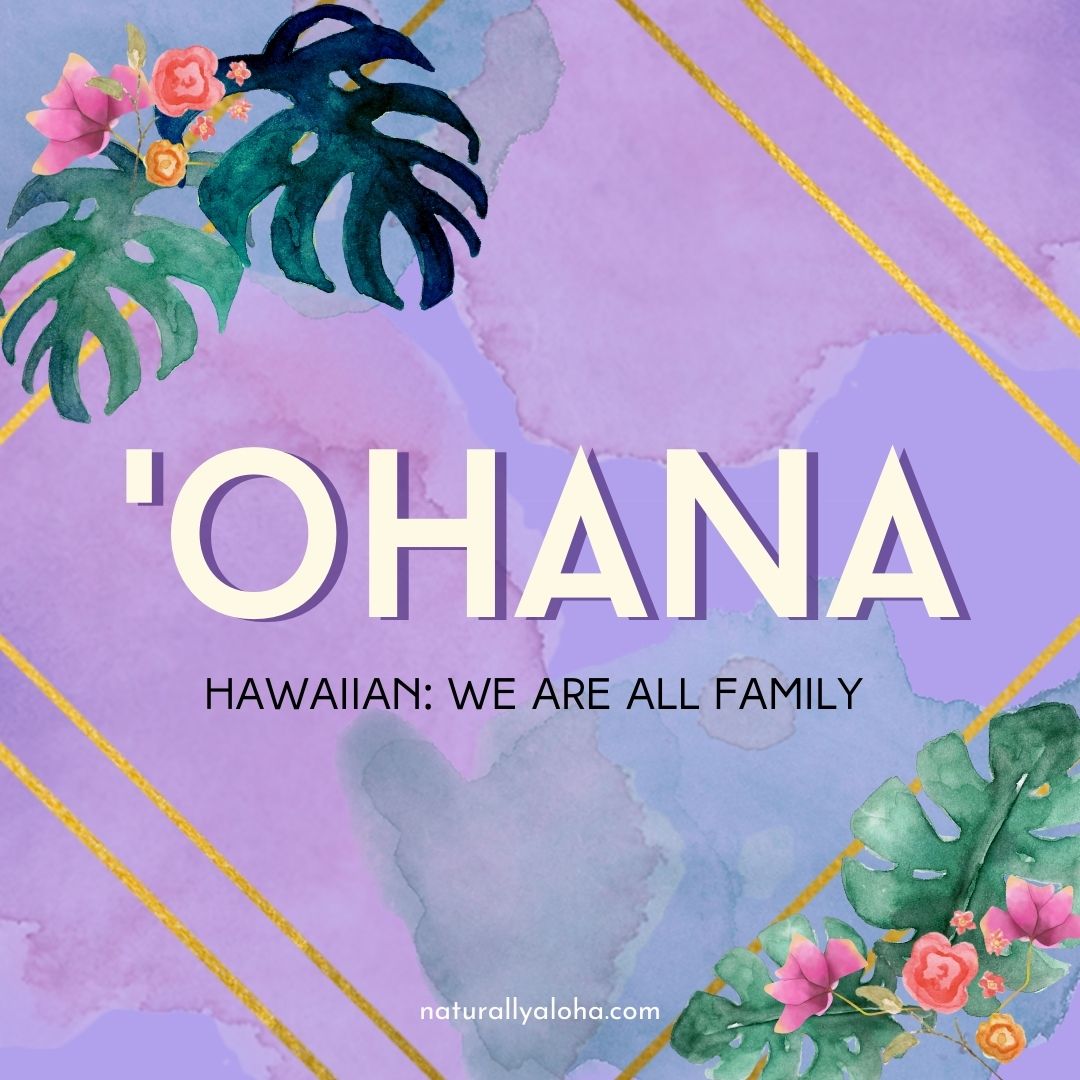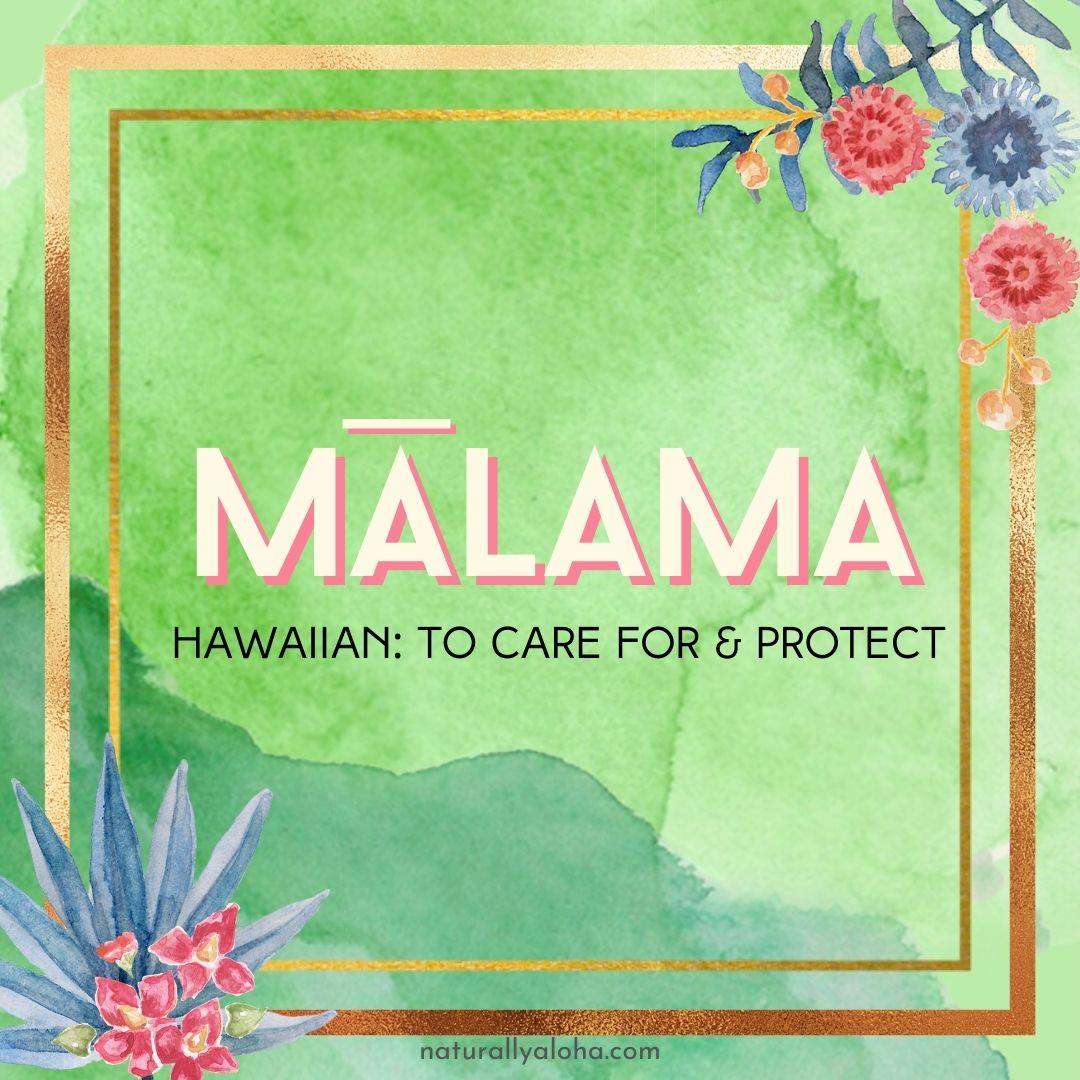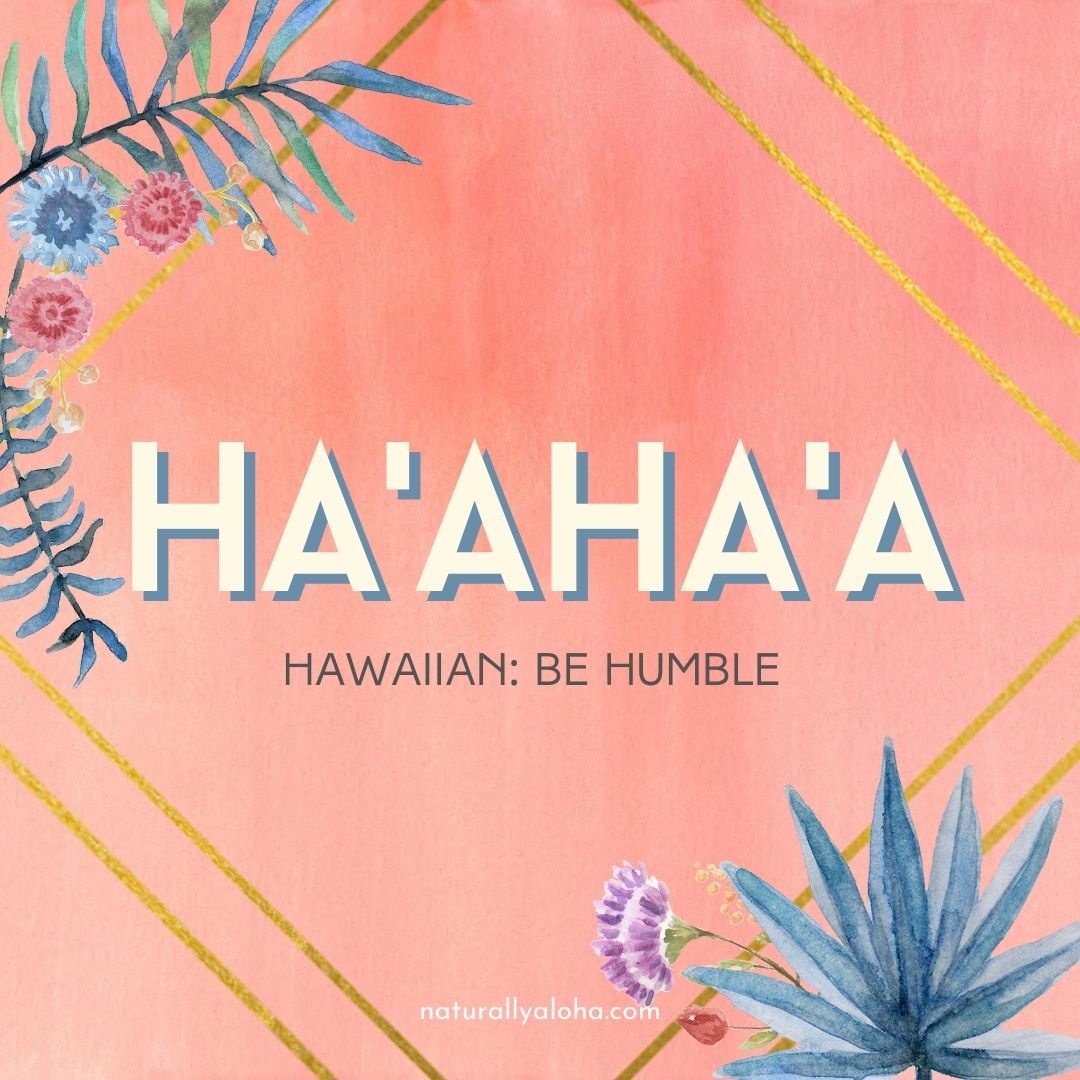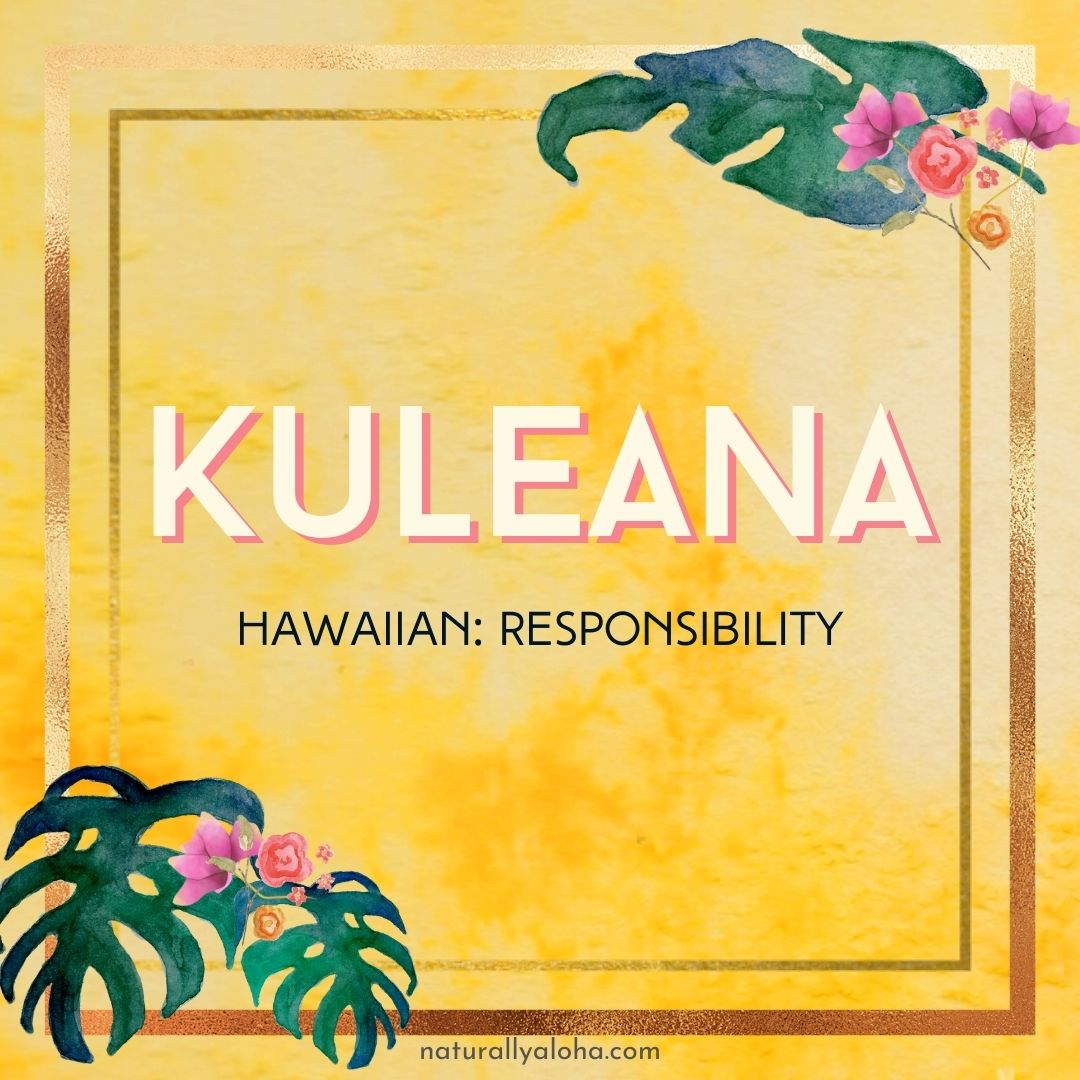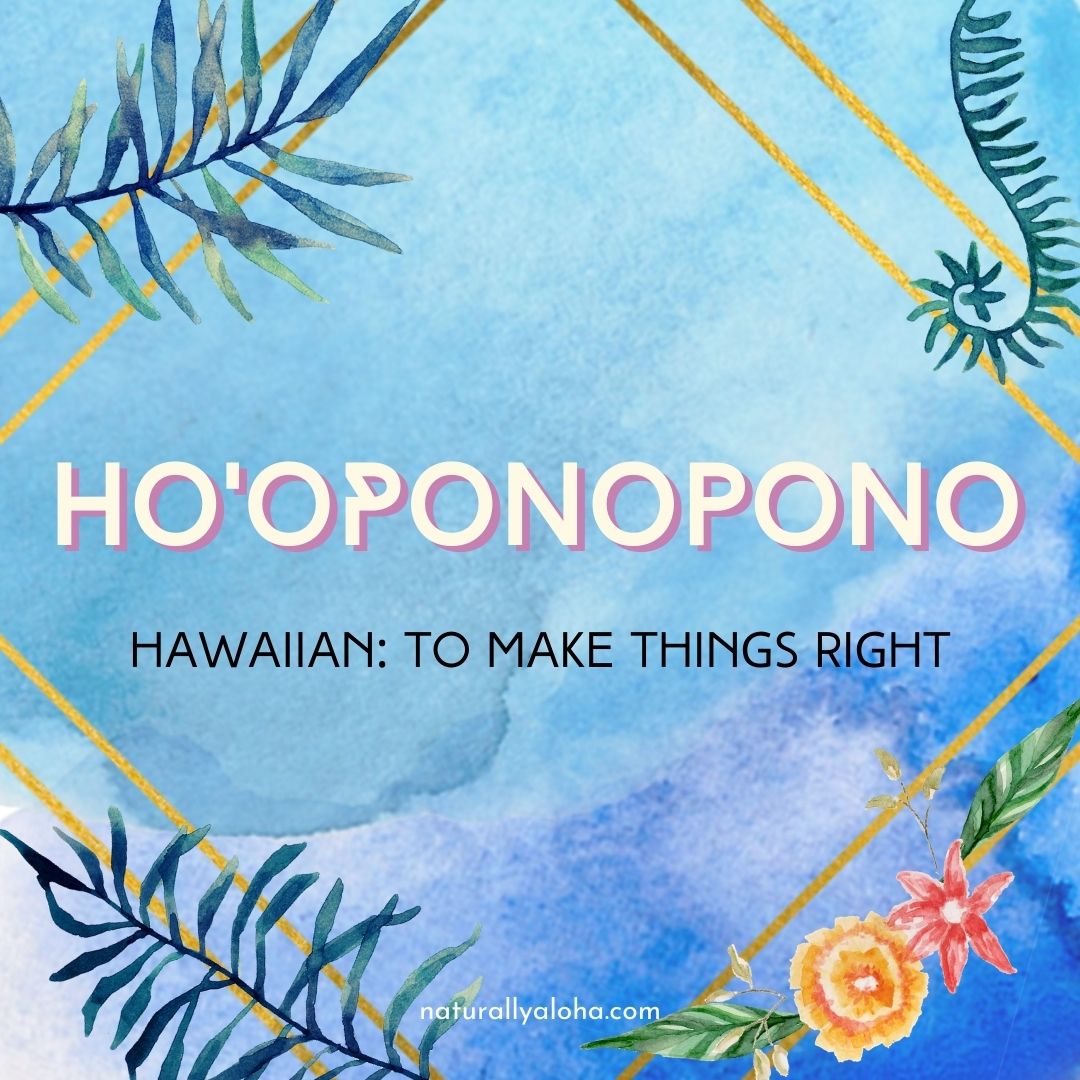ALOHA VALUES
Hawaii has beautiful universal values that, when applied, can help you create paradise right where you are. Whether you just want to have more aloha spirit, reach your big dreams, overcome depression, or strengthen your relationships, the values below will help you get there and more! Browse through these articles to get inspired and motivated to bring Hawaii to you. Or if you want a more personalized plan, reach out to me for my coaching services!
Pau: How to Have Closure in Life
The Hawaiian word pau means finished, completed, or done. "Pau" is probably one of the more commonly used Hawaiian words by locals all over the Hawaiian islands. Those raised in homes where Pidgin English, Hawaii’s Creole language, is spoken are also very familiar...
Ka Lā Hiki Ola – How to Look Forward with Joy and Purpose
Ka lā hiki ola is the Hawaiian saying meaning that each day brings new life and possibility. This saying encourages us to look forward with optimism. No matter what challenges, failures, mistakes, or struggles we face today, we have an opportunity to grow and change...
Ho’omaluhia: Be Peaceful & Have Peace Right Now
The Hawaiian word ho’omaluhia means to have peace or to be peaceful. Here is how to gain the peace you need right now. This is one of my favorite Hawaiian words because the way it sounds is just as beautiful as the meaning. Ho’omaluhia encourages us to live in a way...
Pa’a Ka Waha: Close the Mouth – Listen with Love
“Pa’a ka waha” is the Hawaiian saying that literally translates to “close the mouth.” A lot of kupuna, adults, and teachers said this when I was growing up in the islands. It meant that you were talking too much, and you needed to listen. Listening is a lost art...
Pono: Righteousness and Balance
Pono is the Hawaiian word meaning to be righteous, balanced, good, correct, and moral. It encourages excellence, prosperity, and a sense of duty. Pono may seem like an outdated idea to many, especially in the way it encourages moral and righteous behavior. But in a...
‘Ohana: How to Have Joy in Our Families
What does 'ohana mean? The Hawaiian word ‘ohana means family. The word is familiar to most people but seemed to be made popular by Disney’s “Lilo & Stitch,” where the characters quote, “‘Ohana means family. Family means no one gets left behind.” This is indeed...
Mālama: To Care For and Protect
Mālama is the Hawaiian word “to care for and protect.” You’ll commonly hear the word mālama associated with the phrase, “Mālama ka ‘aina,” meaning to take care of the land. Hawaiians, to this day, love, preserve, and protect the land. It is the source of our living....
Ha’aha’a: Be Humble and Kind
Ha’aha’a is the Hawaiian word for "humility or humble." When we live the value of ha'aha'a, we learn to come from a place of love, understanding that things won't always work out or be perfect. And that's OK. The attitude of ha’aha’a is being meek, unpretentious, and...
Kuleana: We All Have a Responsibility
Kuleana is the Hawaiian word meaning “responsibility.” Kuleana encourages to be accountable for all that we do. It is the “ability to respond” to whatever is happening. Those who live the value of kuleana know that their happiness is dependent on what happens inside...
Ho’oponopono: To Make Things Right and Balanced
Ho’oponopono is the Hawaiian practice of “making things right or well.” Ancient Hawaiians have done this practice for centuries. When two people or groups have a disagreement or hūhū, hard feelings, they would meet together for a session of ho’oponopono. It has been...


